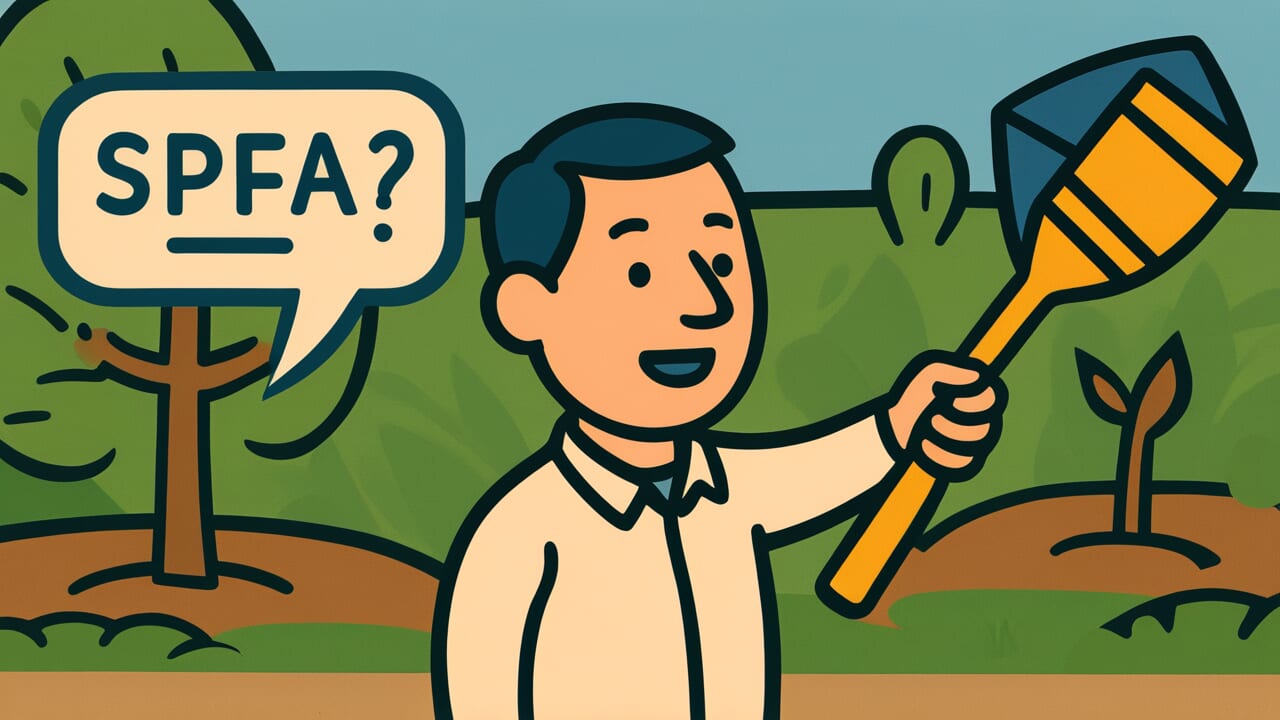How to Read “Call a spade a spade”
Call a spade a spade
[kawl uh SPAYD uh SPAYD]
The emphasis falls on the word “spade” in both instances.
Meaning of “Call a spade a spade”
Simply put, this proverb means to speak plainly and honestly about something, even when the truth might be uncomfortable.
The literal words refer to calling a gardening tool by its proper name. A spade is a spade, nothing more and nothing less. The deeper message is about refusing to use fancy words or gentle language when plain truth will do. It means avoiding euphemisms, diplomatic double-talk, or sugar-coating reality.
We use this saying when someone cuts through confusion with direct speech. If your friend keeps making excuses for being late, you might call a spade a spade and say they have a time management problem. In business meetings, someone might use this approach to address real issues instead of dancing around them. It applies when people choose clarity over politeness.
What’s interesting about this wisdom is how it values truth over comfort. People often realize that direct communication, while sometimes harsh, prevents bigger problems later. The saying suggests that honest words, even blunt ones, serve everyone better than pretty lies or vague statements that leave people guessing.
Origin and Etymology
The exact origin of this phrase involves an interesting translation history. The earliest known version comes from ancient Greek, where the phrase meant calling a fig a fig and a trough a trough. This appeared in writings from over two thousand years ago, emphasizing direct speech.
During the Renaissance period, scholars translated many Greek texts into Latin and other European languages. When translators worked with this particular phrase, they changed the objects to make sense for their readers. The “spade” version appeared in English during the 1500s, replacing the original Greek items with a common farming tool everyone knew.
The saying spread through educated circles first, then moved into everyday speech. Over time, it became less about the specific tool and more about the attitude behind plain speaking. The phrase traveled across different English-speaking regions, maintaining its core meaning while becoming a standard way to describe honest, direct communication.
Interesting Facts
The word “spade” comes from Old English “spadu,” which originally meant any digging tool. This connects to similar words in other Germanic languages, showing how basic farming tools had common names across cultures. The repetitive structure “call a spade a spade” uses a rhetorical device that makes phrases memorable and emphatic.
Usage Examples
- Manager to employee: “Your presentation lacked preparation and clear structure – let’s call a spade a spade.”
- Friend to friend: “He’s not ‘busy with work,’ he’s avoiding you – call a spade a spade.”
Universal Wisdom
This proverb reveals a fundamental tension in human communication between truth and social harmony. Throughout history, people have struggled with when to speak directly and when to soften their words. This saying emerged because communities recognized that sometimes clarity matters more than comfort.
The psychological appeal of direct speech lies in its efficiency and authenticity. When someone calls a spade a spade, they cut through the mental energy required to decode hidden meanings or diplomatic language. This directness satisfies our deep need for genuine communication and reduces the anxiety that comes from uncertainty. At the same time, it challenges our equally strong desire to maintain social bonds and avoid conflict.
The enduring power of this wisdom stems from its recognition that truth-telling serves long-term relationships better than short-term politeness. Ancestors observed that communities function better when problems are named clearly rather than hidden behind gentle words. They understood that while direct speech might sting initially, it prevents the deeper damage that comes from misunderstandings and unaddressed issues. This creates a paradox: the kindest thing to do is sometimes the thing that feels least kind in the moment.
When AI Hears This
When people use vague words, their brains stay relaxed and flexible. Direct speech forces everyone to think the exact same way. This creates mental pressure that most humans naturally avoid. Fuzzy language lets each person imagine their preferred version of reality.
Humans unconsciously use unclear words as thinking shortcuts across all cultures. This isn’t laziness – it’s actually smart brain management. Vague speech lets people agree without truly agreeing on details. It prevents mental conflicts before they start happening.
This reveals something beautiful about human communication systems working perfectly. What looks like unclear thinking is actually advanced social engineering. People naturally create language that protects relationships while sharing information. The brain chooses harmony over precision when both people matter.
Lessons for Today
Living with this wisdom requires developing the judgment to know when directness serves and when it harms. The challenge lies not in speaking bluntly, but in speaking truthfully with appropriate timing and context. Some situations genuinely need plain talk, while others benefit from more careful approaches.
In personal relationships, calling a spade a spade works best when combined with genuine care for the other person. Direct communication becomes destructive when it serves the speaker’s frustration rather than mutual understanding. The most effective direct speakers learn to deliver hard truths in ways that preserve dignity while addressing real issues. They focus on specific behaviors or situations rather than attacking character.
In group settings, someone willing to call a spade a spade often provides valuable leadership by naming problems others avoid discussing. However, this approach requires courage and skill, since direct speakers sometimes face resistance or blame for creating discomfort. The wisdom lies in recognizing that temporary discomfort from honest conversation often prevents larger problems from developing. Those who master this balance become trusted voices in their communities, known for both their honesty and their good judgment about when to use it.



Comments